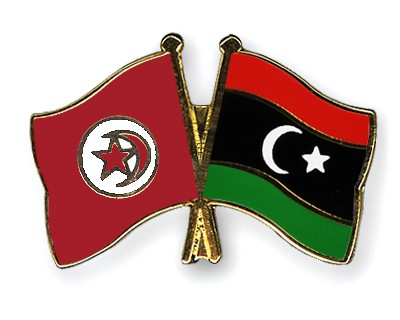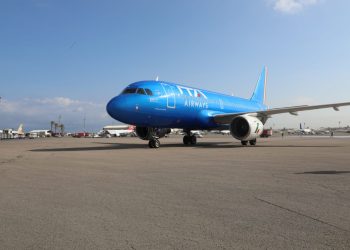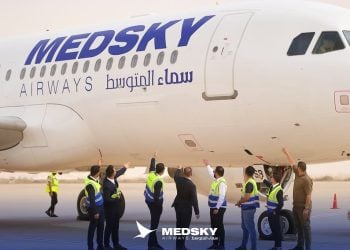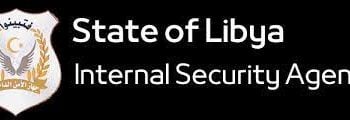By Jamal Adel.
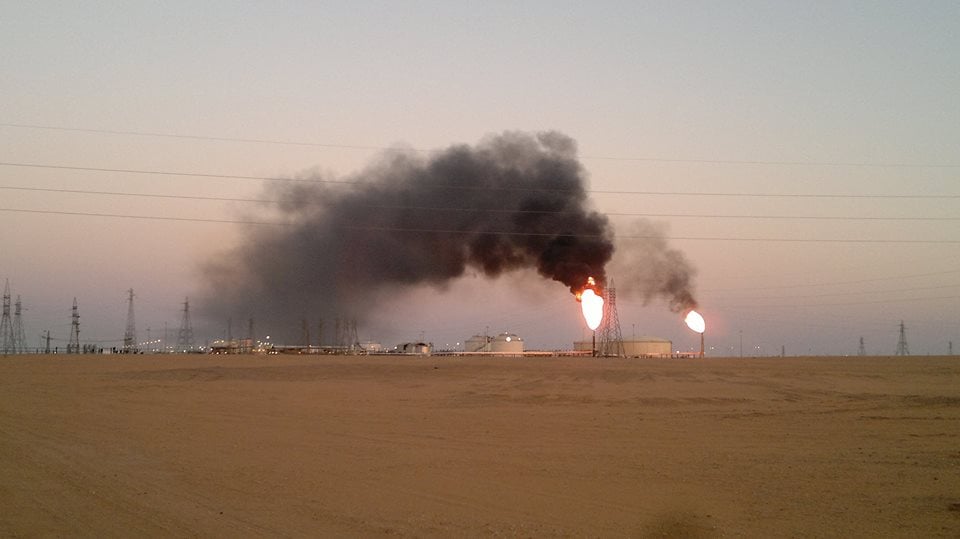
Tripoli, 16 April 2014:
A split has emerged among demonstrators blockading the Sharara oilfield near Obari in south . . .[restrict]west of Libya, with indications that it will shortly resume production.
“The protestors are split over whether to end their longstanding demonstration or continue it,” one of the protestors’ leaders, Mahmoud Al-Ansari, told the Libya Herald.
“Some want to end it but others reject the suggestion because our demands remain unfulfilled,” he said.
The oilfield, 40 kilometres west of Obari, has been hit by a series of protests for over a year and a half, with different groups of protestors making different demands. More recently, Tuaregs have been demanding National ID cards while other locals want the unelected Obari Local Council removed.
The field has been completely closed since 16 by protestors from Obari, said to be largely Tuaregs.
“The demonstration has been called off by some groups, but othersseem reluctant to end the demonstration, however, we expect it to end in the next few day, as elders and negotiation are underway” Sharara oilfield manager Hassan Al-Sideek told this newspaper.
“Some of the protestors now are demanding we resume production but that is not technically possible because there are still protestors inside the facility,” Al-Sideek added.
“There is no point to the local blockade, because the pipeline is so often blockaded in the Jebel Nafusa,” said Ibrahim Shaimi, in charge of financial affairs in Al-Naser Brigade, which a part of the local Petroleum Facilities Guard. “So they might as well give up anyway”, he said. “The demonstration has no point any more. It is not achieving anything. It’d be a wise move to end it.”
What was needed, he said, was a clear-cut Strike Law from “the GNC, government or whoever responsible,” that set out strikers’ rights. “We don’t be involved in any unlawful act,” Shaimi stated.
The demand that the Obari unelected council be removed is set to become obsolete with the election of a municipal council there in 26 April. Demands for more jobs are also being met with the announcement three months ago that a petroleum institute will be set up in the town.
The Sharara oilfield, with a capacity of 350,000 barrels per day is operated by Akakus Oil a joint venture between NOC and Spain’s Repsol. Its closure has been costing Libya an estimated $34 million a day.
[/restrict]




